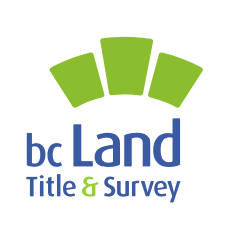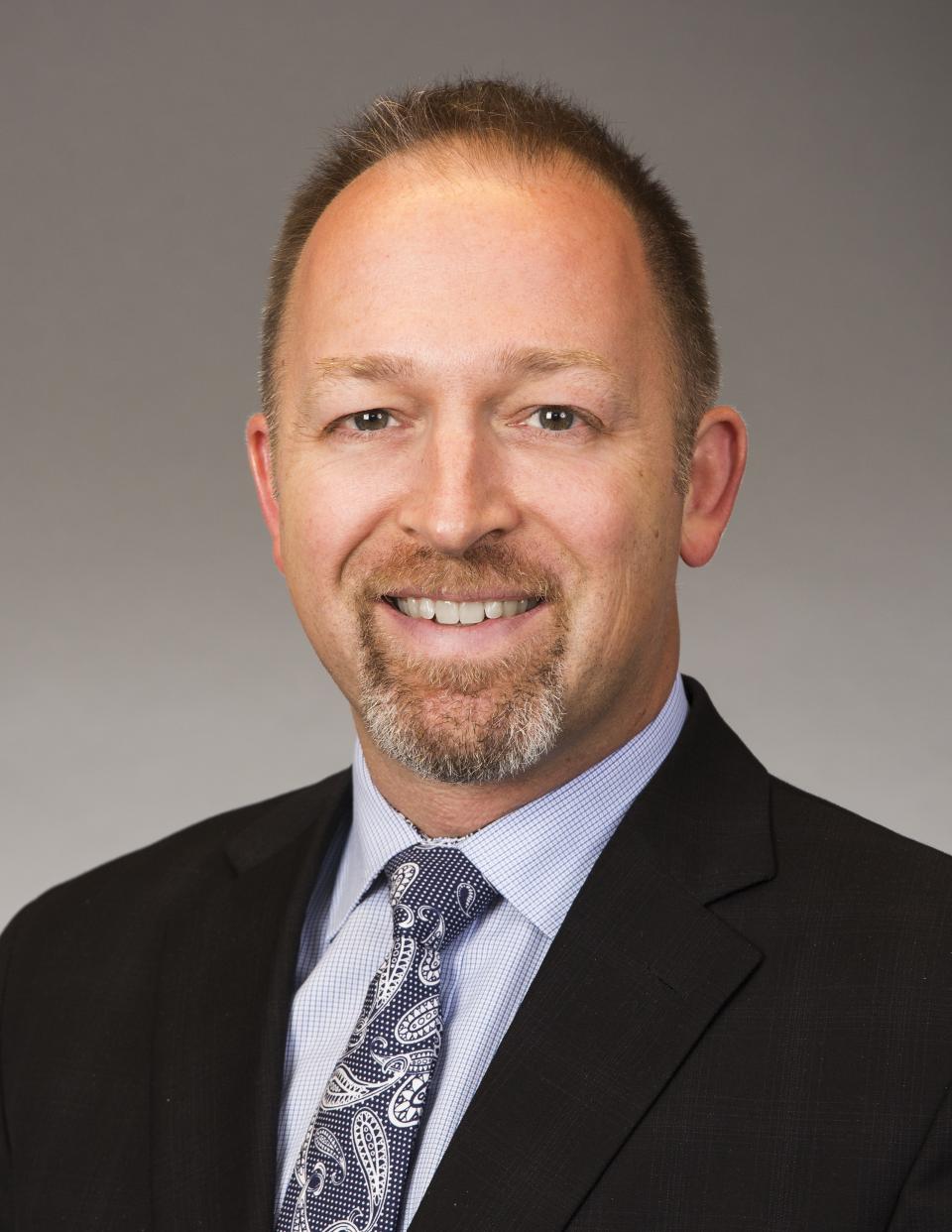
Bob Mackin
The agency that keeps track of land in British Columbia quietly made it harder to access information about who owns real estate in the province.
In a July 9 news release — ironically headlined “LTSA Releases Enhancements for myLTSA Service” — the B.C. Land Title and Survey Authority announced title search previews no longer show full names of persons or corporations for free. Instead, only the first two letters of a last name and first initial or the first two letters of a company name are visible under the “first owner name on title” column.
“It came to my attention a few weeks ago now that that particular function wasn’t being used as much or was being increasingly used for reasons other than confirming buying the right title,” Craig Johnston, LTSA’s Director of Land Titles, said in an interview. “We want to still maintain a balance so customers don’t guess what title they’re buying.”

Craig Johnston (LTSA)
Hence, the abbreviations.
The fee per search is $9.45 plus a minimum $1.50 fee per transaction on the myLTSA website, plus sales taxes. The transaction fee is not charged for in-person searches at an LTSA office, such as Sixth and Cunningham in New Westminster. In some jurisdictions in the United States, such as Whatcom County in Washington and Maricopa County in Arizona, there is no charge to search property databases that contain the names of owners.
Since electronic access was introduced a couple of decades ago, the first name on title was visible without charge, to keep customers from guessing wrong and then asking for refunds. Johnston said the decision to hide the full names was his, under his duty to interpret the Land Title Act, without input by the board or the government.
“The intent under the statute is if you need that part of the title, you should buy it. Otherwise there would be a provision under the act where you could get the owner name for free,” he said.
B.C. Assessment Authority doesn’t offer free access to land owner names on its website, but its database is free to search at one of its offices. That, however, requires a trip during business hours Monday to Friday to a place like 2925 Virtual Way in Vancouver.
Mike Larsen, the president of the B.C. Freedom of Information and Privacy Association, criticized LTSA for “nickel and diming” and making the process “a little bit more difficult, a little bit more opaque.” The first owner name on title was available for free for so long and useful for journalists making initial inquiries for research, he said..
“I’m always frustrated when things that are previously available become closed off to access to information,” said Larsen. “There seems to be a bureaucratic capacity issue: we can do this, we have the authority, and so we’d like to.”
In 2004, Premier Gordon Campbell announced LTSA would assume the provincial land title and survey system as an “independent, not-for-profit authority.” It regulates and operates the land title and survey systems for the province, which appoints two of the 11 board members.

It now costs to see the first owner name on title for a prominent $78.8 million Point Grey mansion. (LTSA)
LTSA reported $8.58 million net income on $43.01 million revenue for the year ended March 31, 2018. A third of its revenue was from information products and 16% from fees for electronic processing of transactions through the myLTSA electronic portal. The company is forecasting a nearly 10% drop in revenue for 2019 to $38.7 million, based on increased salaries and benefits for new technical and business development staff and the B.C. Real Estate Association’s forecast of an 8.6% decrease in unit sales.
The NDP government is working on a beneficial ownership registry. It published a white paper in June about the proposed Land Ownership Transparency Act and is seeking public feedback through Aug. 19.

BC FIPA’s Mike Larsen.
Corporations, trustees and partners will be required to report the beneficial owners of properties. The measure is aimed at cracking down on tax evasion, fraud and money laundering via nominees and numbered companies. LTSA would be the operator of the registry, but the fees have not been determined. The government, taxing authority, police force, financial sector regulator and a prescribed person or entity would be excused from paying fees. The latter class has not been defined.
Neither finance minister Carole James nor attorney general David Eby responded to theBreaker. But Sonja Zoeller in the finance communications office sent a prepared statement.
“The proposed registry would include public access to the name, nationality and city or country of residence of beneficial owners. This information will end hidden ownership and help tackle tax evasion in real estate. One of the purposes of the public consultation is to look at the appropriate application of fees and we’re looking forward to feedback on that question as part of the consultation process.”
Support theBreaker.news for as low as $2 a month on Patreon. Find out how. Click here.











